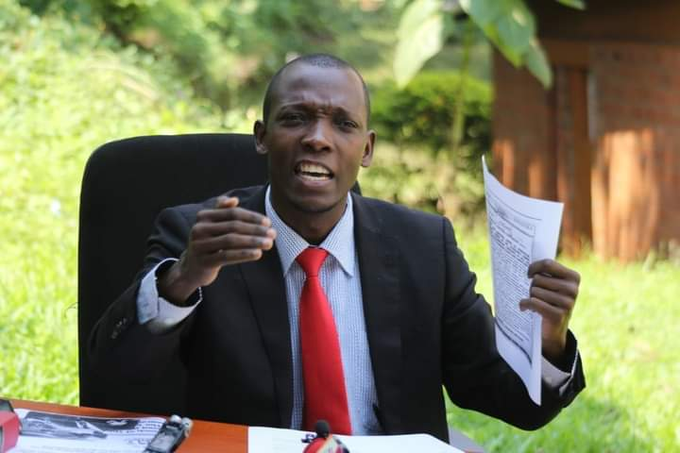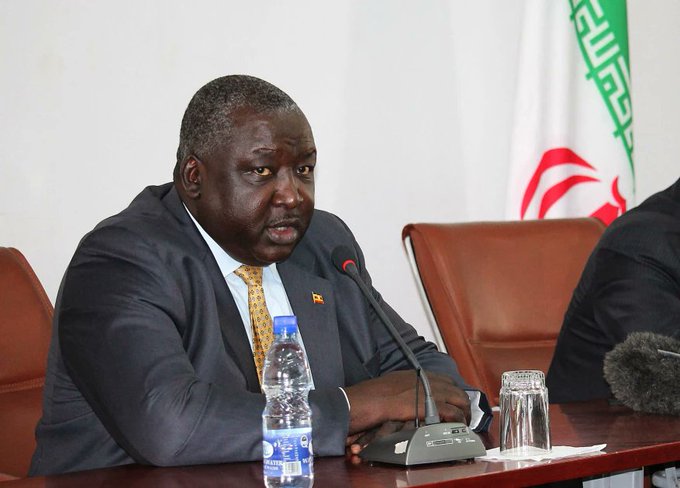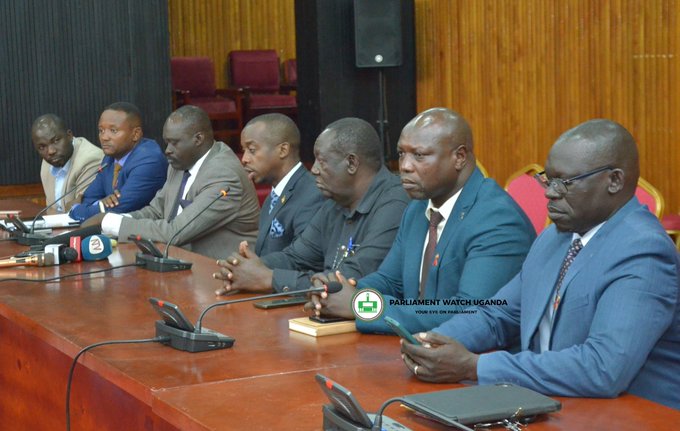A heated debate erupted in Uganda’s Foreign Affairs Committee on Monday as members of Parliament questioned the government’s handling of the country’s recent entry into the BRICS bloc. The BRICS group, which includes Brazil, Russia, India, China, and South Africa, has been the subject of intense scrutiny after Uganda’s membership was formalized without parliamentary approval.

The controversy began when Muwada Nkunyingi, the Shadow Minister for Foreign Affairs, challenged State Minister for International Cooperation, Henry Okello Oryem, about the lack of parliamentary involvement in the decision to join BRICS. Nkunyingi raised concerns over the bypassing of democratic procedures and parliamentary oversight in matters of national importance.
In his defense, Minister Oryem explained that Uganda’s decision to align with BRICS was motivated by the need to safeguard the country’s sovereignty and economic stability, especially in light of unilateral sanctions imposed by the United States and European Union. He argued that these sanctions, often enacted without the backing of the United Nations, were putting Uganda’s economy at risk. “The United States and European Union expect other nations to abide by their sanctions, even when those sanctions disregard international practices. Uganda cannot simply stand by and ignore these changes in the world order,” Oryem stated.

Regarding the parliamentary approval issue, Oryem further justified the decision by highlighting that similar international agreements had historically not required formal approval from Parliament. “This matter was discussed in Cabinet, and approved, and directives were issued by the President to formalize Uganda’s membership. I don’t think it required approval from Parliament,” Oryem defended.
Despite the minister’s explanation, Nkunyingi and other MPs remained critical of the government’s actions, accusing it of bypassing democratic processes. The exchange reflects the ongoing concerns about the government’s commitment to transparency and parliamentary oversight, especially in foreign affairs. Members of Parliament are calling for stronger adherence to democratic norms and transparency in decisions that affect the nation’s international standing.
























